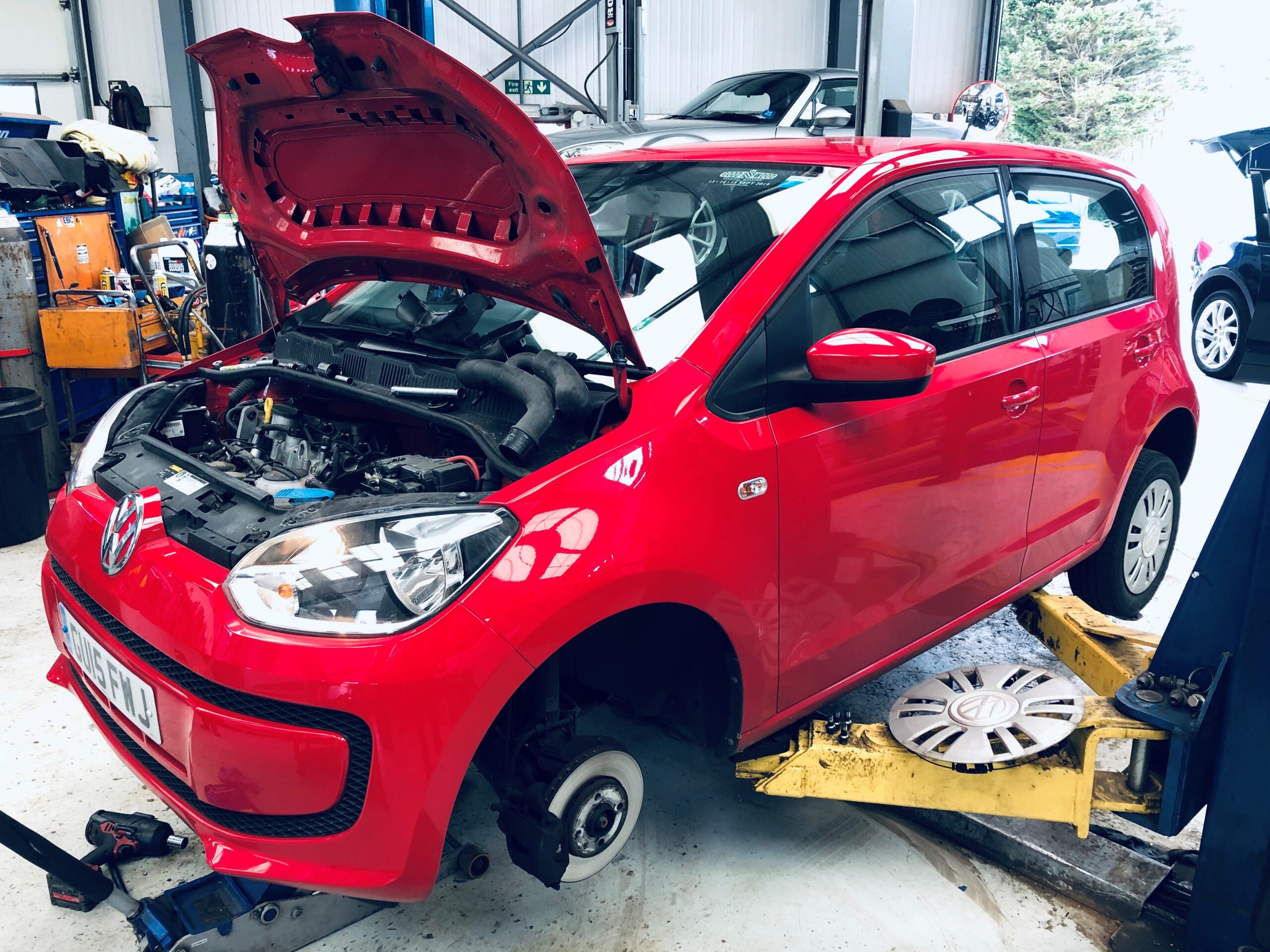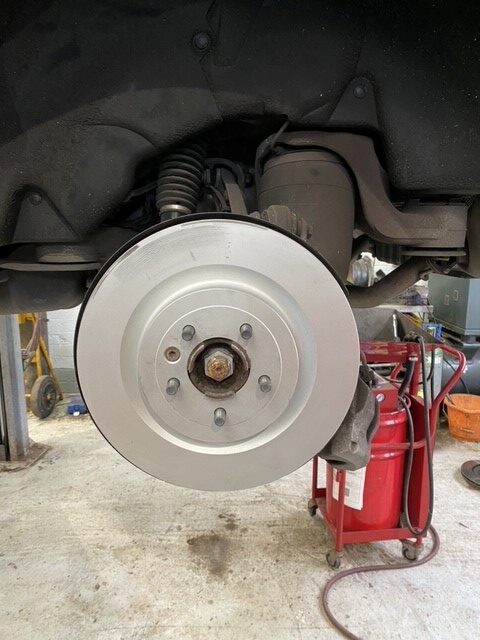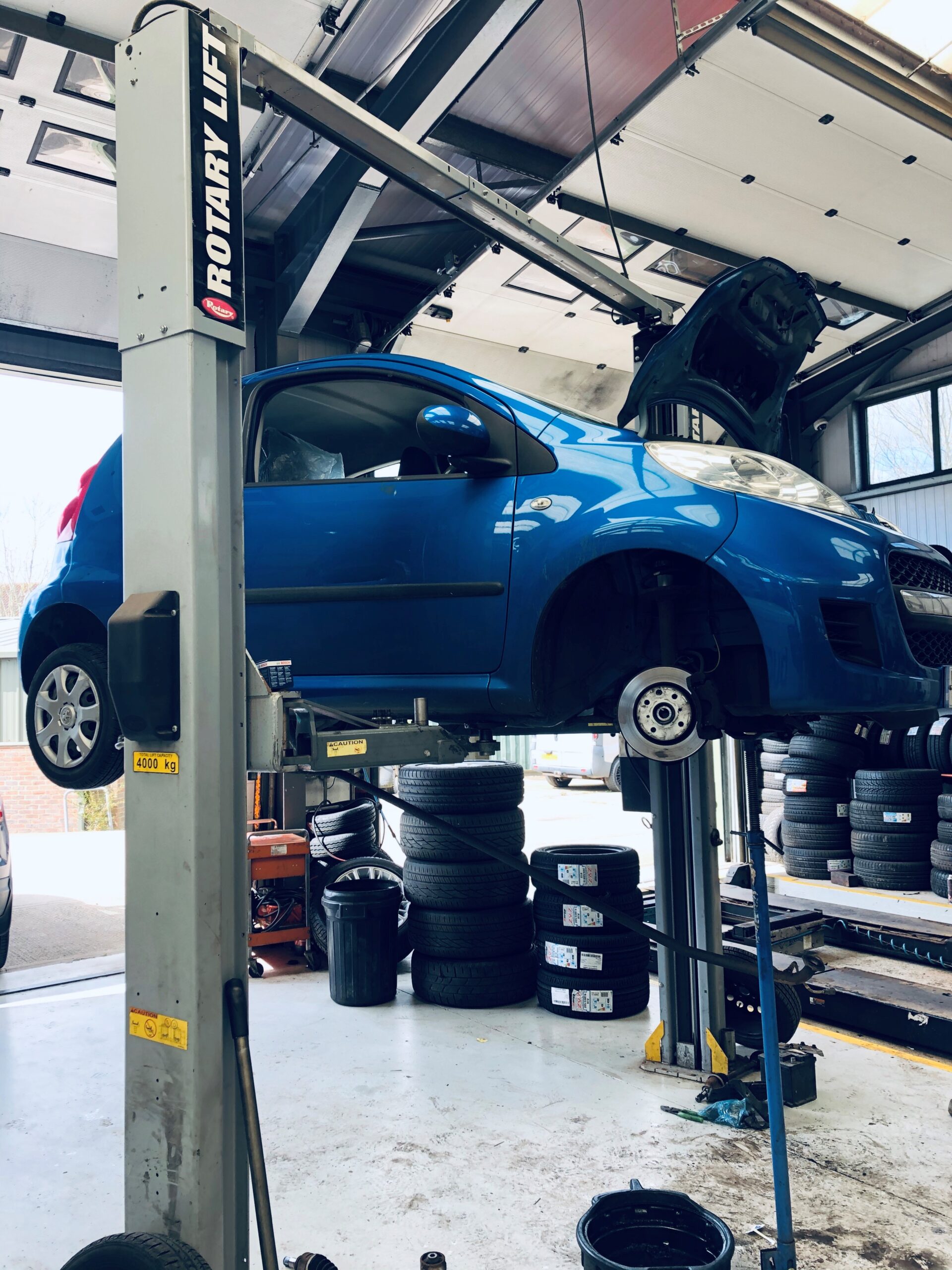Why are my brakes squeaking?

Sometimes we can get away with leaving things until the last minute. Whether it’s renewing your pet insurance or registering for that upcoming marathon, neither scenario presents life-threatening danger.
But when it comes to squeaking brakes, the same logic doesn’t apply. And if you put off a trip to the garage for too long, your vehicle becomes a potential risk to you, your passengers and other road users.
With that said, here our 4 reasons why your brakes might be squeaking – and what you should you do to fix the problem.

1. Worn brakes, brake pads and sticky calipers
One of the most common causes of squeaking brakes is wear and tear. Every time you speed, brake late or travel with excessive weight in your vehicle, brakes are put under greater stress and will deteriorate quicker than average.
Applying brakes over a long stretch of time can also accelerate deterioration, causing excessive friction between the pads and disks. The same issue is at play with faulty calipers which, when sticky, clamp components and cause an all-too-familiar squeaking sound.
2. Wet weather (and living by the sea)
Moisture and metal just don’t mix – particularly when it comes to brake pads. If you live in high humidity areas or in places known for wet and windy weather, your pads are more susceptible to forming rust.
If your brakes are squeaking due to a thin layer of rust, it’s best to get them checked before they cause more damage to your vehicle or, even worse, a road accident.

3. Cheap brake pads
When it comes to components impacting road safety, opting for the cheaper option isn’t always the wisest. Low-quality pads with high metallic content can cause high-pitched squeaks when in contact with brake disks – a hinderance often avoided with manufacturer recommended parts. As they say, buy cheap, buy twice.
4. New brakes
More often than not, new brakes will squeak during the bedding in stage. Provided you’re in a safe environment, you can accelerate the bedding in process by speeding up and braking over short distances. This will burn off what’s known as the transfer layer and reduce squeaking.
What is brake pad glazing?
Riding your brakes or driving at high speeds with sudden stopping can cause brake pads to reach temperatures beyond their limit. Should this happen too often, your pads become ‘glazed’ with a glassy, smooth surface preventing them from producing the necessary friction to stop.
How to make your brake pads last longer
To help you get the most value and distance out of your brakes, here are some basic rules to follow:
- Remove any unnecessary weight from your vehicle. More weight means more strain on your braking components.
- Follow speed limits and watch traffic carefully so you can anticipate when to brake in good time.
- Regularly service your vehicle and act on any unfamiliar sounds sooner rather than later.